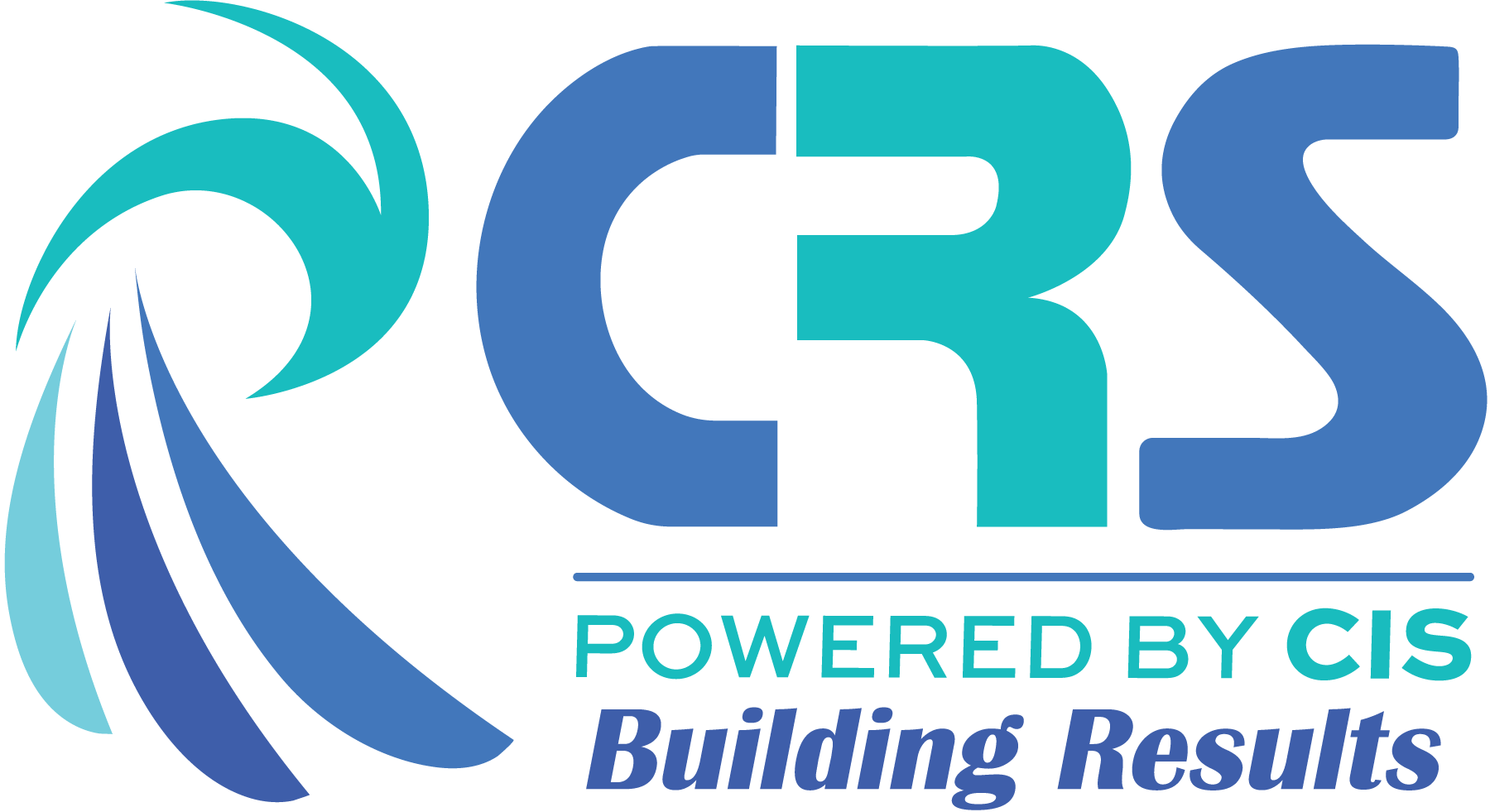When it comes to general liability insurance for contractors, it’s important to grasp how your coverage is determined and the potential impact on your premiums. Generally, your liability coverage is based on your gross sales or gross receipts as a construction company, and the insurance company will issue a rate accordingly.
How is the Price Configured
Typically, you can expect to pay around 1% of your gross receipts or sales for general liability insurance. However, it’s important to note that after the policy renewal, an audit will be conducted to assess whether you used more insurance coverage and were exposed to additional risks. For instance, if you projected $2 million in sales for the year but ended up reaching $2.5 million, there would be an extra half a million dollars of exposure that you hadn’t accounted for in your premium.
Understanding Audit Process
Therefore, it is crucial to ensure the accuracy of your policy from the beginning. Generally, during a general liability insurance audit, you rarely receive a refund on your premium. Instead, you only pay for the additional coverage you used. Moreover, many policies have a minimum premium, which means that even if your gross sales are lower, you may still have to pay a set minimum amount. For instance, if you are a smaller contractor with $500,000 in annual sales, the policy’s minimum premium might be $10,000, but you can adjust the coverage up to $1 million. Consequently, during the audit, you won’t see an increase in premium due to additional audit charges.
Estimate Sales as Close As Possible
During the policy renewal process, it is crucial to provide as accurate an estimate as possible regarding your gross sales. The rate offered at that time will be the same rate used for the audit. If you end up doubling your sales, you will pay the same rate as the original premium. However, if you deliberately underestimate your sales to avoid higher premiums, it can backfire. The more accurate your estimate is, the better the rate you’ll receive, as insurance companies offer better rates for higher gross sales. If you significantly surpass the estimate, the rate will not change, and you will end up paying significantly more for your insurance in the long run.
Accuracy is Important To Save Money
It’s important to understand these factors during your general liability insurance audit. Striving for accuracy in reporting your gross receipts ensures that you receive the best possible rate and pay less during the audit and over the course of your policy. If you significantly underestimate your sales, you will end up with higher audit costs and a higher premium rate than if you had provided a closer estimate.
Hard To Forecast In Construction
However, it’s worth noting that in construction, predicting exact sales can be challenging. Some years may be slower, while others may be busier. As a result, any estimation regarding sales is always an estimate, which is why audits are conducted. Audits help evaluate the actual gross receipts, and the insurance company adjusts the premium accordingly. It’s crucial to keep this in mind.
When filling out the general liability audit form and indicating your gross receipts, there is a rate assigned to determine your premium. For instance, if the rate is $10 for every thousand dollars in gross receipts, you will pay $10 for every thousand dollars. The exact rate may vary depending on the trade you’re in.
Other Way To Bill For Premium
Additionally, there are policies available, particularly for smaller and artisan contractors, that calculate premiums based on employee payroll rather than gross sales. This approach can be advantageous if you are a general contractor who primarily subcontracts work and has minimal payroll. Opting for a general liability policy based on employee payroll can result in substantial cost savings. However, it’s essential to discuss this with your broker and understand the implications. I generally recommend basing premiums on gross sales to avoid any surprises later on.
Working With Experienced Professional
A reliable insurance broker will be aware of these considerations. While it’s impossible to predict everything, they should review your policy and avoid placing you with a company that calculates your general liability premiums based on the payroll if you have a significant amount of payroll expenses.
If you have any questions or need further clarification on this topic, please contact me.

